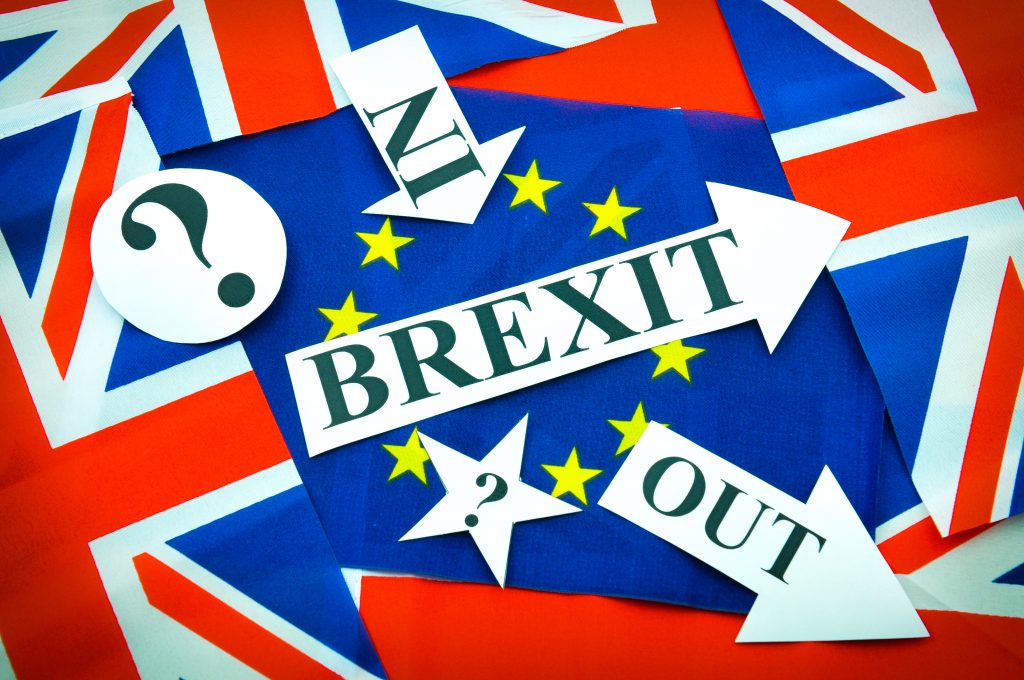Brexit: What does yesterday’s High Court judgement mean?
Yesterday, the High Court ruled that Prime Minister Theresa May does not have the authority to trigger Article 50 without the approval of Parliament. In her latest blog, Roz Goldstein looks at what this means in practice, and what will happen next.
What was the effect of the Court ruling?
Under the Lisbon Treaty, the UK government must issue an Article 50 notice, in order to trigger the process for our departure from the EU. On the application of an anti-Brexit campaigner, the court has determined that Theresa May does not have the power to issue the notice without the approval of parliament.
What the High Court did NOT clarify, however, was whether the government can push Brexit through on a simple majority of MPs in the House of Commons, or whether an Act of Parliament is required. That question is crucial.
Has this decision stopped Brexit?
No. But it may well delay the process, and if Theresa May was already in a difficult negotiating position with her EU colleagues, things have just got a whole lot more difficult.
What will happen next?
The government will appeal to the Supreme Court, and the appeal is expected to be heard in December this year.
Theresa May is expected to tell her EU colleagues that, despite the court decision, the government will stick to their existing timetable and issue the Article 50 notice at the end of March 2017.
But the truth is that this depends on what happens on appeal. The government will be hoping for the Supreme Court to decide that Brexit can be approved simply by a “substantive vote” in the House of Commons. But if they determine that an Act of Parliament is required, the government has trouble ahead.
The process of getting an Act of Parliament in place would take months and months. Moreover, it gives MPs leverage to seek all kinds of conditions to their consent, whether it be the UK’s continued membership of the Single Market, or specific government support in their regions. And the SNP will focus only on the Scottish electorate’s best interests, mindful that the majority in Scotland voted for Remain. The majority of the House of Lords were anti-Brexit. So getting a Bill passed through both Houses will be far from easy.
Will this trigger an early general election?
There is currently much speculation about this, and we will see what happens on appeal in December. Some commentators believe that if the government needs legislation to trigger Brexit, they may have to call an election, in the hope of increasing their currently slim majority.
It remains to be seen. An interesting few months lie ahead.





